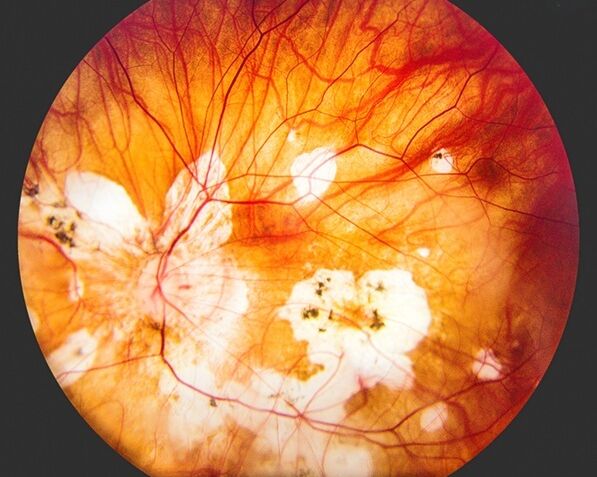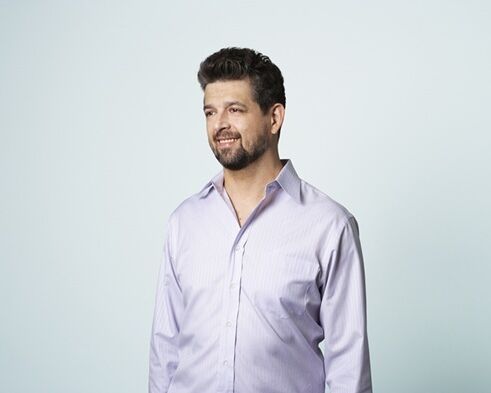What now for 100,000 Genomes Project participants?
Participant Panel Chair Jillian Hastings Ward took the opportunity to grill Genomics England’s Chief Scientist and interim Chief Executive Professor Mark Caulfield on film while both were at the Festival of Genomics in January 2019. See some of the key answers below.
What are you going to do with the data sequenced through the 100,000 Genomes Project this year?
Our first priority is to get reports back to those who have not yet received a result. Our second priority is to revisit the genomes for people who haven’t yet got an answer, to see if new knowledge or new ways in which we can analyse a genome will be able to find answers.
So far the analysis has been focusing on individual gene panels as a starting point. Can you tell us about what will happen next?
When we first started, the knowledge base meant we had to focus on genes, so we developed panels using literature known worldwide. For some people – around 40% in intellectual disability – that is making a diagnosis and getting them answers quite quickly. But we are continually evolving those panels and now we’re looking outside the genes, in other parts of the genome, for variations that might cause disease, and we are bringing them as they are invented. That’s the virtue of having your whole genome – we can go back with new knowledge to get new answers for our participants.
What is the timeframe?
We are aiming to analyse everyone’s genome for the first time and returning results back to the NHS by July 2019. Then there will be a little bit of a delay while they look at those reports and consider whether it is reliable enough to give that information back to the participants, as these clinicians are the ones caring for those patients.
Watch the video with Professor Caulfield’s full answers below:
This video accompanies a letter sent from Professor Caulfield to all participants of the 100,000 Genomes Project.


